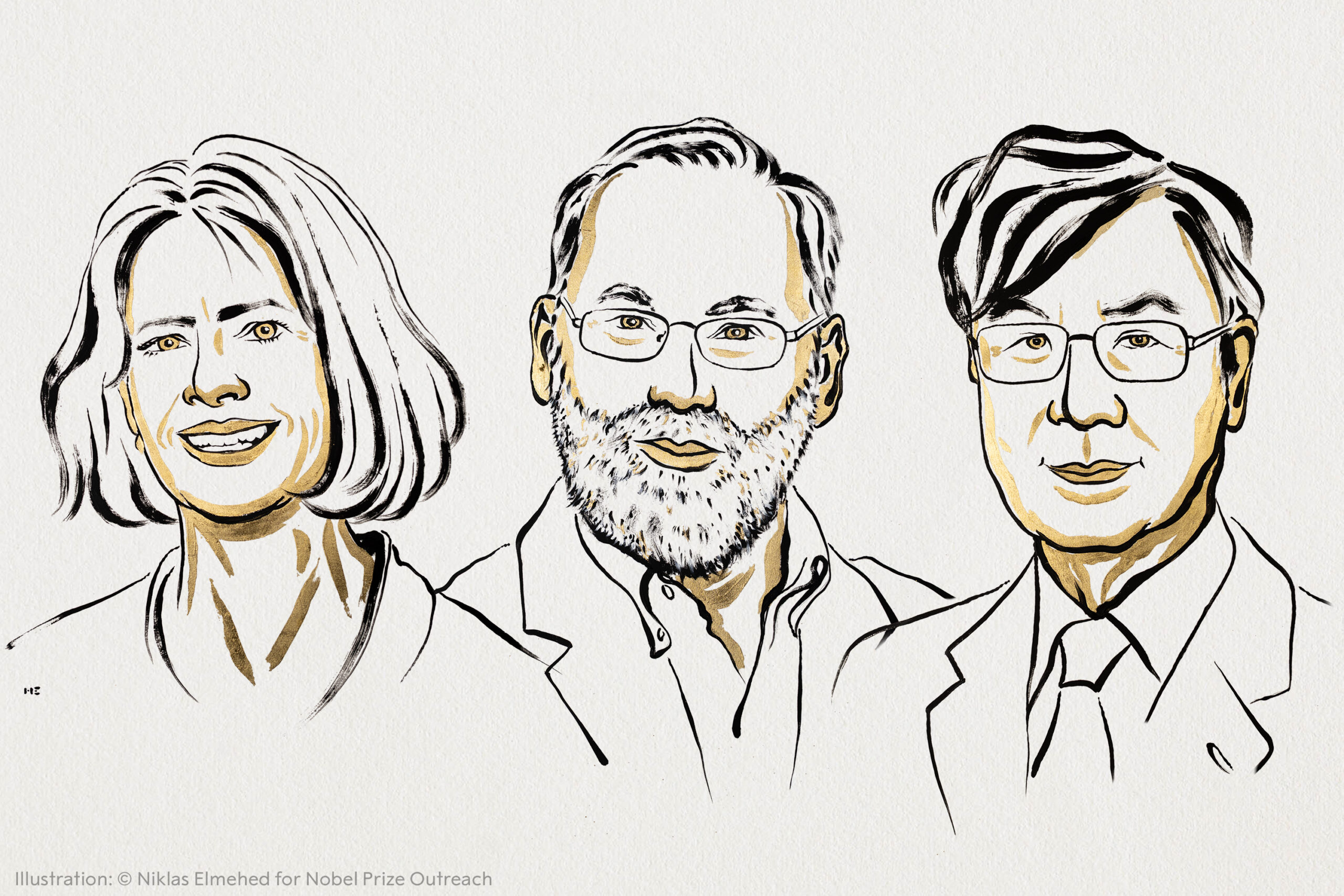The Nobel Assembly at the Karolinska Institutet has awarded the 2025 Nobel Prize in Physiology or Medicine to Mary E. Brunkow (USA), Fred Ramsdell (USA) and Shimon Sakaguchi (Japan) “for their discoveries concerning peripheral immune tolerance.” NobelPrize.org+2NobelPrize.org+2
These scientists uncovered how the immune system’s “brakes” work — more specifically, how specialized cells called regulatory T cells help prevent the body from attacking its own healthy tissues. NobelPrize.org+1
What They Discovered
- Sakaguchi first identified a new class of immune cells in 1995 that help monitor and control immune responses rather than relying solely on removal of harmful cells. NobelPrize.org+1
- Brunkow and Ramsdell then helped identify a key gene, FOXP3, that governs development of these regulatory T cells and showed that when it is mutated, serious autoimmune disorders result. NobelPrize.org+1
- Their combined work opened a whole new field of research around “peripheral immune tolerance” the idea that immune regulation happens not just during development but also in the body’s tissues long after immune cells are formed. NobelPrize.org
Why This Is Important for People Affected by Lupus
For the lupus community, these discoveries bring an extra layer of hope and meaning. Here’s how:
- These findings speak directly to the heart of autoimmune disease — the process by which the immune system mistakenly targets parts of the body. Understanding how tolerance is maintained helps explain why conditions like lupus occur.
- With improved knowledge of regulatory T cells and FOXP3, researchers now have clearer molecular targets to explore in developing treatments that may restore balance rather than just suppress symptoms.
- The breakthroughs also strengthen the scientific foundation behind therapies and trials that aim to re-educate the immune system, promote self-tolerance, or repair regulatory mechanisms.
- For our community in Colorado and beyond, this means the conversation is shifting from managing lupus to potentially correcting underlying immune dysfunction — a powerful step forward in quality of life and long-term outcomes.
- As partners, advocates and individuals living with lupus, this is a reminder: every scientific leap brings us closer to more effective therapies, and potentially to a future without flare cycles and organ damage.
Our Commitment to You
At Lupus Colorado we believe knowledge empowers. We honour these scientific milestones because they align with our purpose — to support, uplift and inform everyone affected by lupus.
